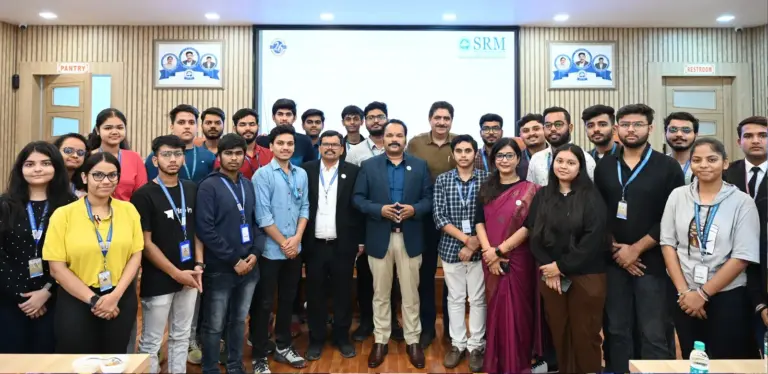The Benefits of Peer-to-Peer Learning: 11xplay online id, Anna reddy book, Golden7777.com admin
11xplay online id, anna reddy book, golden7777.com admin: Peer-to-peer learning, also known as collaborative learning, is a powerful educational approach that has been gaining popularity in recent years. This teaching method involves students learning from and with each other, rather than solely from a teacher or instructor. Research has shown that peer-to-peer learning offers a wide range of benefits, both for the learners and the teachers involved. In this article, we will explore some of the key advantages of peer-to-peer learning and how it can enhance the educational experience for everyone involved.
Improved Understanding and Retention
One of the main benefits of peer-to-peer learning is that it can help students gain a better understanding of the material being taught. When students explain concepts to each other, they are forced to break down complex ideas into simpler terms, which can enhance their own understanding of the subject matter. This process of teaching and explaining can also help students retain information better, as they are actively engaging with the material in a meaningful way.
Enhanced Communication Skills
Collaborating with peers can also help students develop their communication skills. By working together on projects, discussing ideas, and providing feedback to one another, students can improve their ability to articulate their thoughts and ideas effectively. This can be particularly beneficial in preparing students for future careers, where strong communication skills are often essential.
Encourages Critical Thinking
Peer-to-peer learning encourages students to think critically about the material they are studying. By engaging in discussions with their peers, students are exposed to different perspectives and ideas, which can challenge their own assumptions and beliefs. This can help students develop their critical thinking skills and become more open-minded and analytical in their approach to learning.
Promotes Collaboration and Teamwork
Collaborating with peers can also help students develop important teamwork skills. Working together on group projects or assignments can teach students how to delegate tasks, communicate effectively, and resolve conflicts. These skills are invaluable in the workplace, where teamwork is often essential for success.
Boosts Confidence and Motivation
Peer-to-peer learning can also boost students’ confidence and motivation. When students are actively engaged in the learning process and have the opportunity to teach and help their peers, they often feel more confident in their abilities. This can lead to increased motivation to learn and a greater sense of accomplishment.
Fosters a Sense of Community
Finally, peer-to-peer learning can help foster a sense of community and camaraderie among students. By working together towards a common goal, students can develop strong bonds with their peers and create a supportive learning environment. This sense of community can enhance the overall educational experience and make learning more enjoyable and fulfilling.
In conclusion, peer-to-peer learning offers a wide range of benefits for both students and teachers. From improved understanding and retention of material to enhanced communication skills and critical thinking abilities, this collaborative approach to learning can have a profound impact on the educational experience. By fostering collaboration, boosting confidence, and promoting teamwork, peer-to-peer learning can help students develop the skills they need to succeed in both school and beyond.
FAQs
What are some examples of peer-to-peer learning activities?
Peer-to-peer learning activities can include group projects, peer tutoring, study groups, collaborative discussions, and peer feedback sessions.
How can teachers facilitate peer-to-peer learning in the classroom?
Teachers can facilitate peer-to-peer learning by assigning group projects, encouraging collaborative discussions, providing opportunities for peer tutoring, and creating a supportive and collaborative learning environment.
What are some challenges of peer-to-peer learning?
Some challenges of peer-to-peer learning can include unequal participation in group activities, conflicts between group members, and difficulties in coordinating schedules for group work. Teachers can help address these challenges by providing guidance and support to students and promoting effective communication and teamwork skills.







